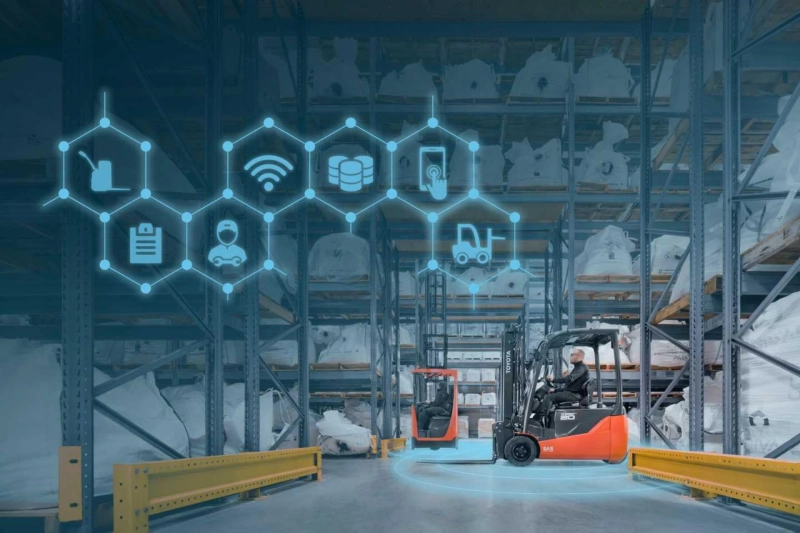The global Smart Pallet Sensors Market is estimated to be valued at US$ 20.29 Bn in 2023 and is expected to exhibit a CAGR of 4.1% over the forecast period 2023-2030, as highlighted in a new report published by Coherent Market Insights.
Market Overview:
Smart pallet sensors are devices that are used to monitor and track the condition and location of pallets in real-time. These sensors provide crucial information such as temperature, humidity, shock, and geolocation, ensuring the integrity and safety of the goods during transportation and storage. The use of smart pallet sensors offers several advantages, including enhanced supply chain efficiency, improved inventory management, reduced product loss, and increased customer satisfaction. With increasing globalization and the need for efficient supply chain operations, the demand for smart pallet sensors is expected to witness significant growth.
Market key trends:
One key trend driving the growth of the smart pallet sensors market is the increasing adoption of IoT-enabled technologies. The Internet of Things (IoT) has revolutionized various industries by connecting devices and sensors to the internet, enabling real-time data collection and analysis. In the logistics and supply chain industry, IoT-enabled smart pallet sensors play a vital role in improving operational efficiency. These sensors provide real-time visibility into the condition and location of pallets, enabling businesses to optimize their supply chain operations. For example, companies can track the temperature and humidity of perishable goods during transportation, ensuring their quality and safety.
PEST Analysis:
- Political: The political factors influencing the smart pallet sensors market include government regulations and policies related to data privacy and security. Governments around the world are enacting stringent data protection laws to safeguard consumer information.
- Economic: The economic factors influencing the market include the growth of the logistics and e-commerce industries. The increasing global trade and the rise of e-commerce have led to a higher demand for efficient supply chain solutions, driving the adoption of smart pallet sensors.
- Social: The social factors influencing the market include changing consumer preferences and the demand for transparency. Consumers are becoming more conscious about product quality and safety, making it essential for businesses to monitor and ensure the integrity of their goods.
- Technological: The technological factors influencing the market include advancements in sensor technologies and connectivity solutions. The development of low-cost, energy-efficient sensors and the widespread availability of wireless connectivity options have accelerated the adoption of smart pallet sensors.
Key Takeaways:
- The global Smart Pallet Sensors Market Segmentation is expected to witness high growth, exhibiting a CAGR of 4.1% over the forecast period. This growth can be attributed to increasing adoption of IoT-enabled technologies in the logistics and supply chain industry.
- North America is expected to be the fastest growing and dominating region in the smart pallet sensors market. The region has a well-established logistics infrastructure and a high adoption rate of advanced technologies.
- Key players operating in the global smart pallet sensors market include ADLINK Technology Inc., Ahrma Group, Ambrosus, Chainvu, Ennomotive, Lightning Technologies LLC., LogTrade, Metiora, NFC Group, RM2., TronicsZone, and others. These players are focusing on product innovation and strategic partnerships to strengthen their market position.
In conclusion, the global smart pallet sensors market is poised for significant growth due to the increasing adoption of IoT-enabled technologies in the logistics and supply chain industry. Enterprises are realizing the importance of real-time data collection and analysis to enhance efficiency and ensure product integrity. As this trend continues to gain traction, the demand for smart pallet sensors is expected to surge, presenting lucrative opportunities for market players.
Global Smart Pallet Sensors Market Is Estimated To Witness High Growth Owing To Increasing Adoption of IoT-enabled Technologies


